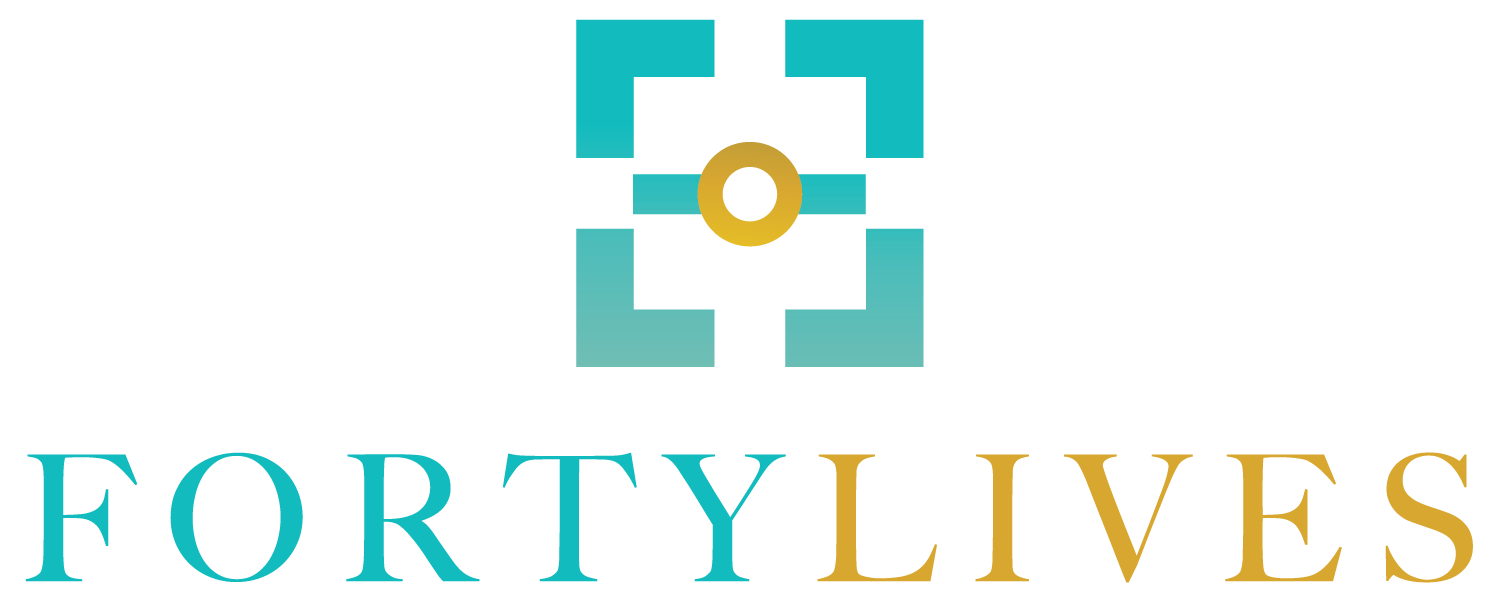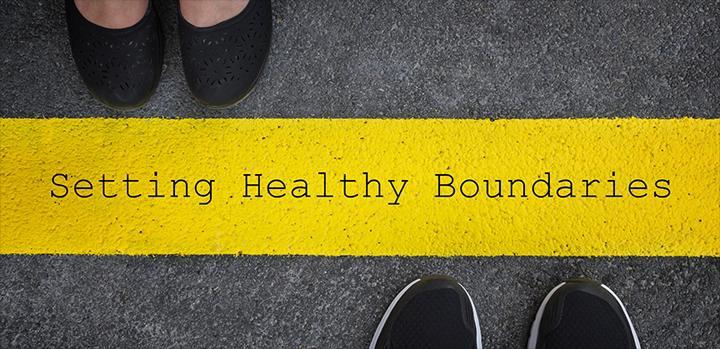Many people know what the word “boundaries” means, but they have no idea what they are. You might think of boundaries as something like a “brick wall” used to keep people out but boundaries are not rigid lines drawn in the sand that are clear for all to see.
Boundaries are a way to take care of ourselves. When you understand how to set and maintain healthy boundaries, you can avoid the feelings of resentment, disappointment, and anger that build up when limits have been pushed.
The ability to know our boundaries generally comes from a healthy sense of self-worth, or valuing yourself in a way that is not contingent on other people or the feelings they have toward you. Unlike self-esteem, self-worth is finding intrinsic value in who you are, so that you can be aware of your:
- Intellectual worth and boundaries (you are entitled to your own thoughts and opinions, as are others)
- Emotional worth and boundaries (you are entitled to your own feelings to a given situation, as are others)
- Physical worth and boundaries (you are entitled to your space, however wide it may be, as are others)
- Social worth and boundaries (you are entitled to your own friends and to pursuing your own social activities, as are others)
- Spiritual worth and boundaries (you are entitled to your own spiritual beliefs, as are others)
- Clearly identify your boundaries.
- Understand why you need the boundary.
- Be straight forward.
- Don’t apologize or give long explanations.
- Use a straightforward one.
- Start with tighter boundaries.
- Address boundary violations early.
- Use a support system.
You best teach others about healthy boundaries by enforcing yours – Bryant McGill




